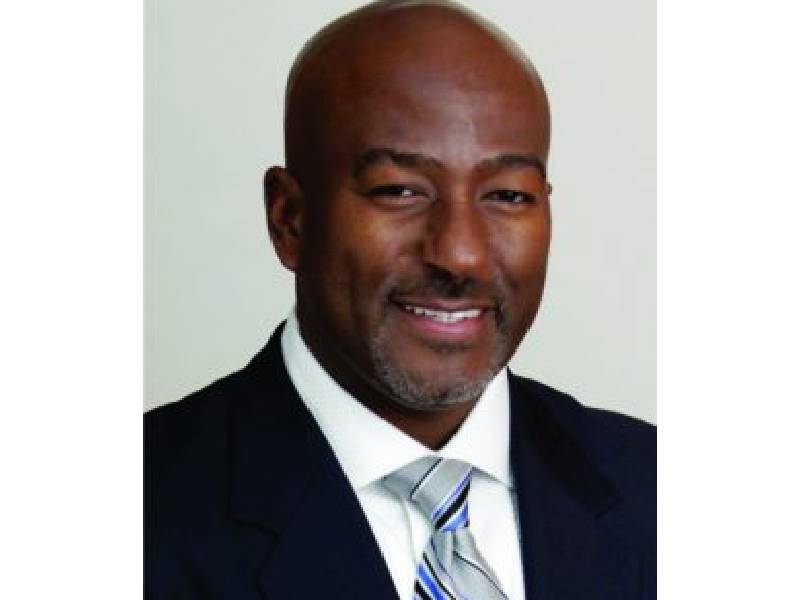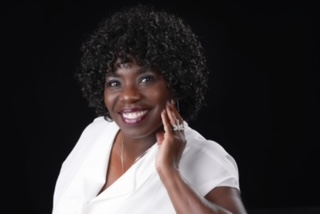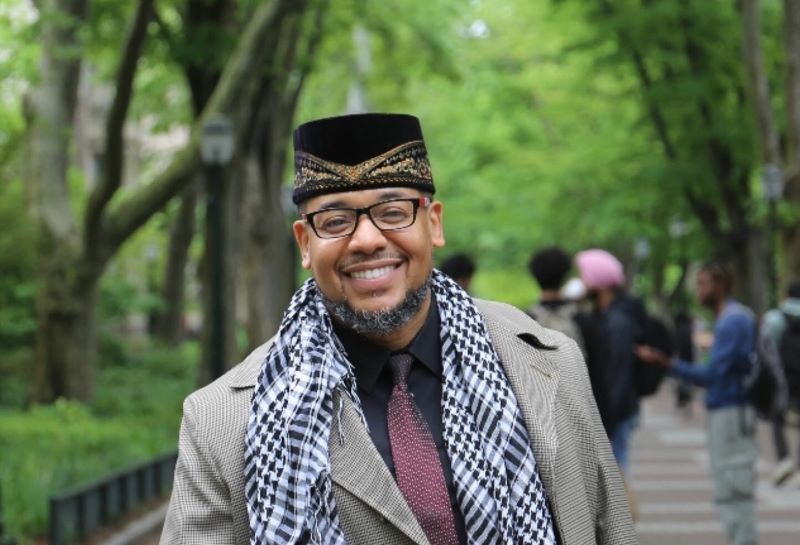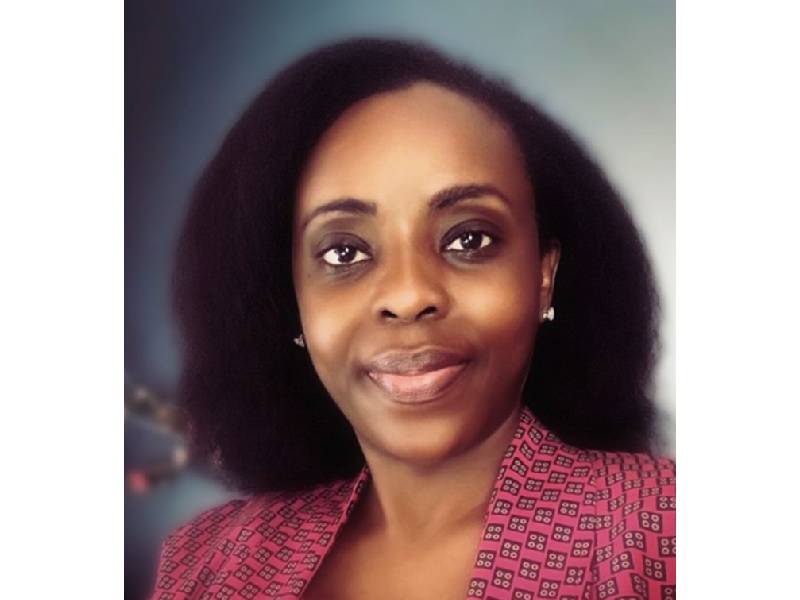
Dr. Kevin R. Johnson, President and CEO of Philadelphia Opportunities industrialization Center (OIC), credits a great deal of his success and leadership capabilities to his attendance at Morehouse College. Dr. Johnson is also the founding lead pastor of Dare to Imagine Church Inc., which has donated $100,000 in funding to support area organizations that provide services for people in need.
Prior to his current positions at OIC, Dr. Johnson served as President and CEO of Bridge of Hope Community Development Corporation that, alongside The Goldenberg Group, built a 14-story student apartment tower for Temple University worth $100 million.
Dr. Johnson had this to say recently in an interview with FunTimes Magazine:
What does HBCU mean to you and how has your experience impacted what you do in the community?
I love HBCUs! I am a proud graduate of Morehouse College. My HBCU experience changed my life and exposed me to a world of unlimited possibilities. I attended Morehouse because I wanted to follow in the footsteps so many Morehouse alumni like Dr. Martin Luther King, Jr., Mayor Maynard Jackson, Julian Bond, Dr. David Satcher, Spike Lee. Morehouse equipped me with the tools I needed to be a transformational leader. It also prepared me to compete in the global market and later to earn my Doctor of Education, Ed.D., from Columbia University
How can HBCUs be better?
In order for HBCUs to compete in today’s higher education world, they must increase their endowments and expand beyond just liberal arts studies. Majority White colleges/universities have enormous endowments which allow them to remain competitive but also provide stability, as the cost of higher education continues to increase. HBCUs must expand their market base. While I thoroughly enjoyed my majority, non-White experience at Morehouse, HBCUs no longer have a hold on the African American community. Majority White colleges/universities are aggressively competing for African American students, as they should. However, HBCUs must expand beyond a majority African American population and to diversify its student body. We know live in a global market and HBCUs, while still significant and have a place in American history, need to compete for the global student as well.




